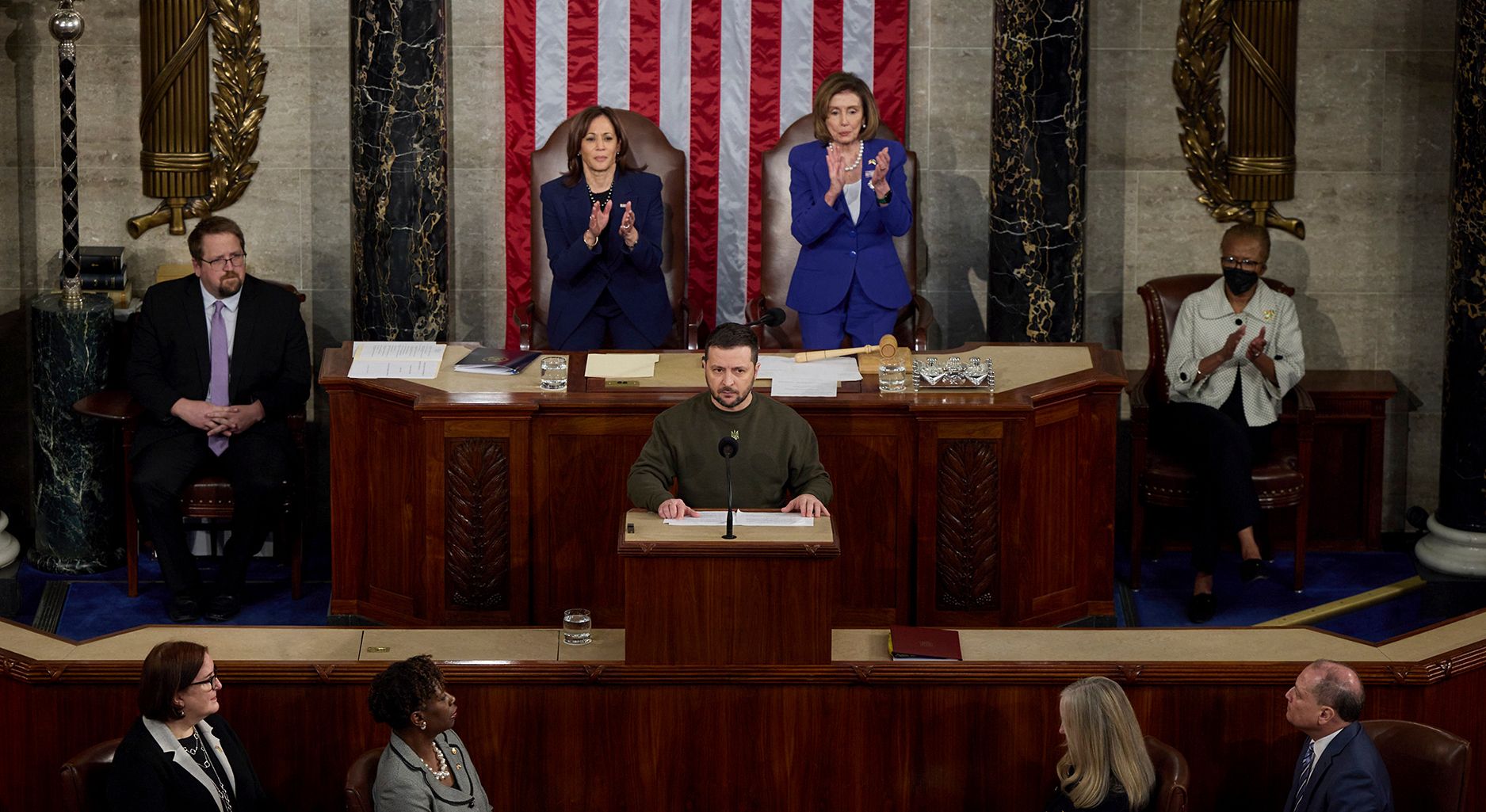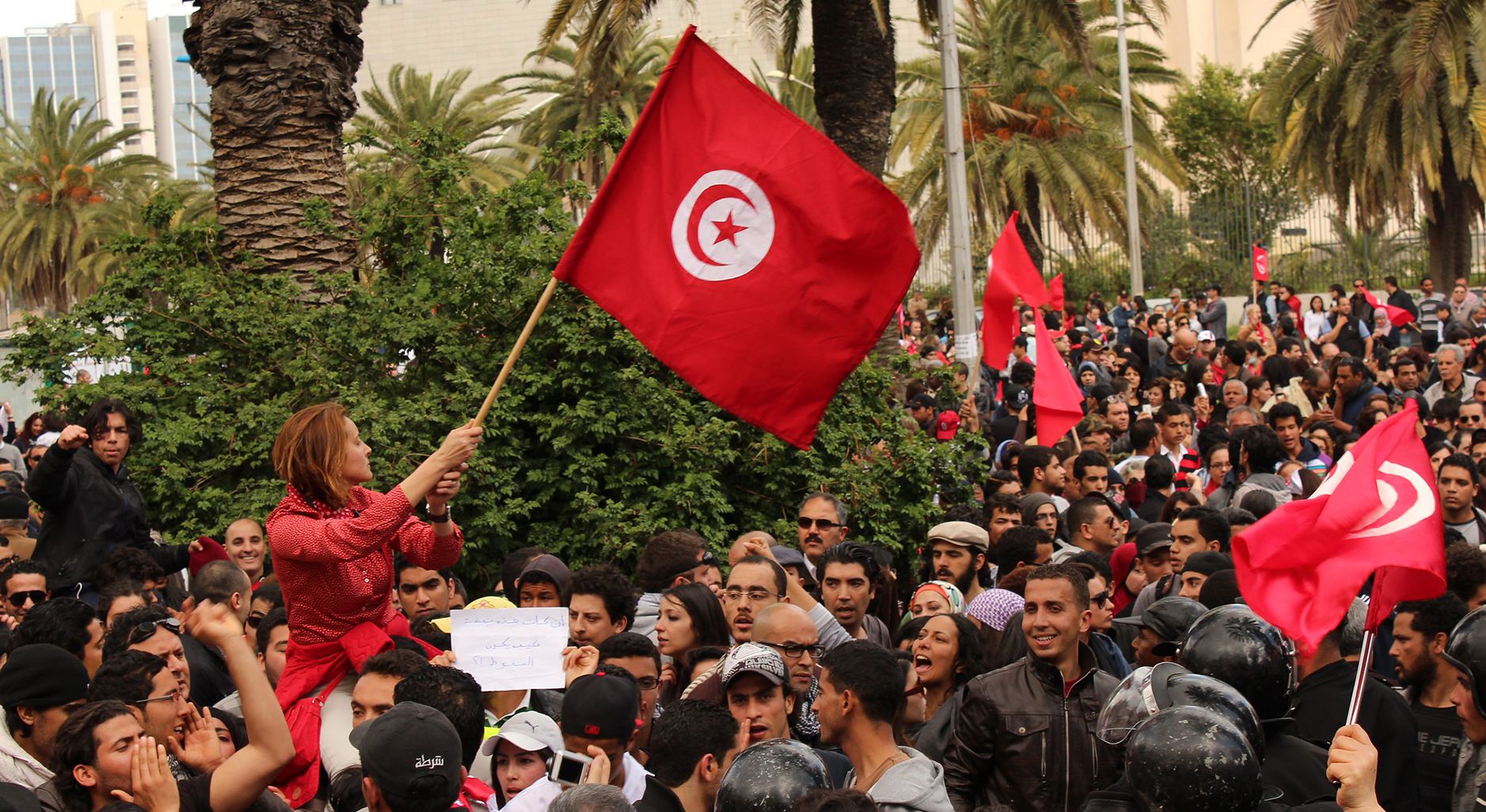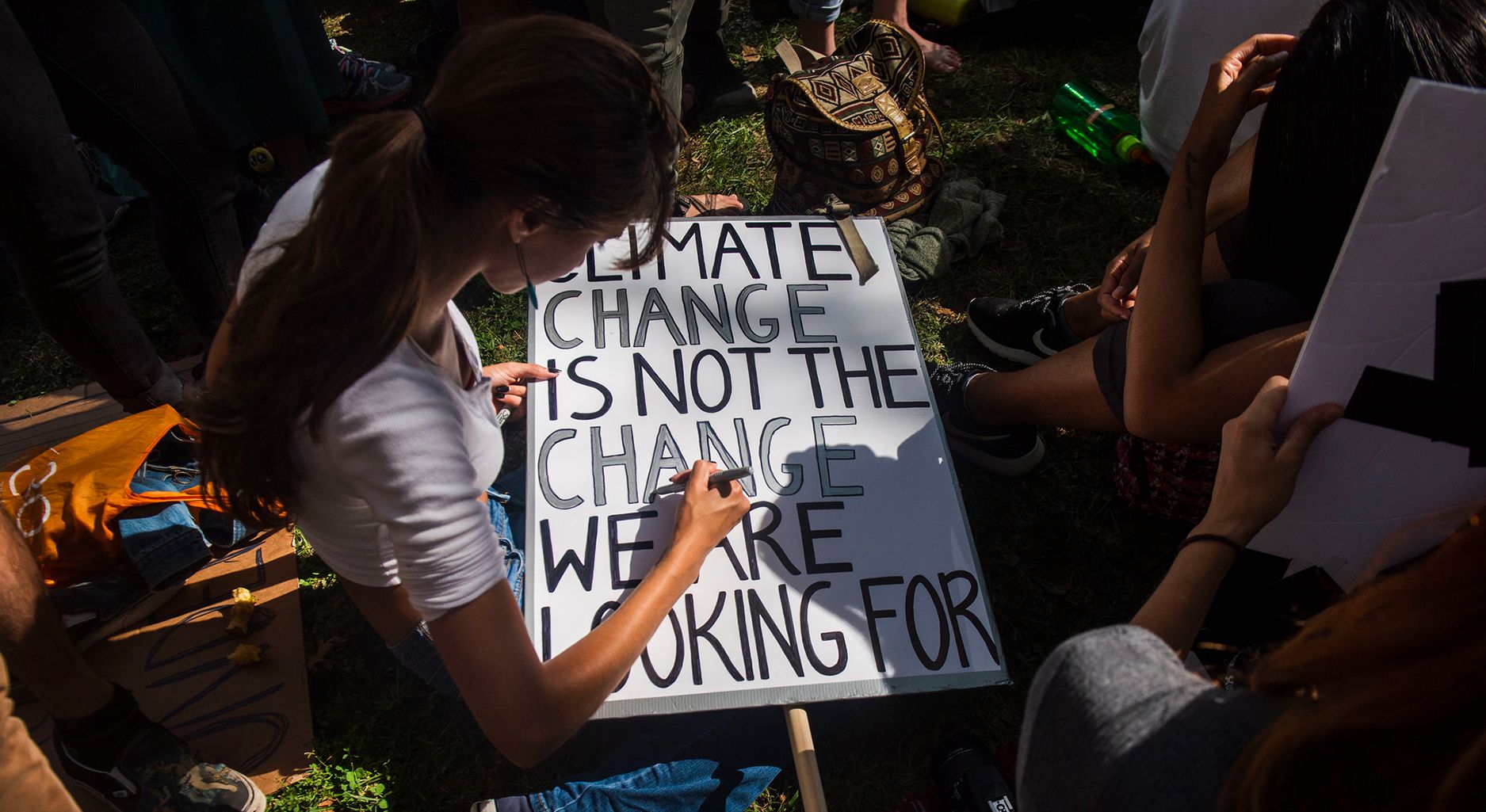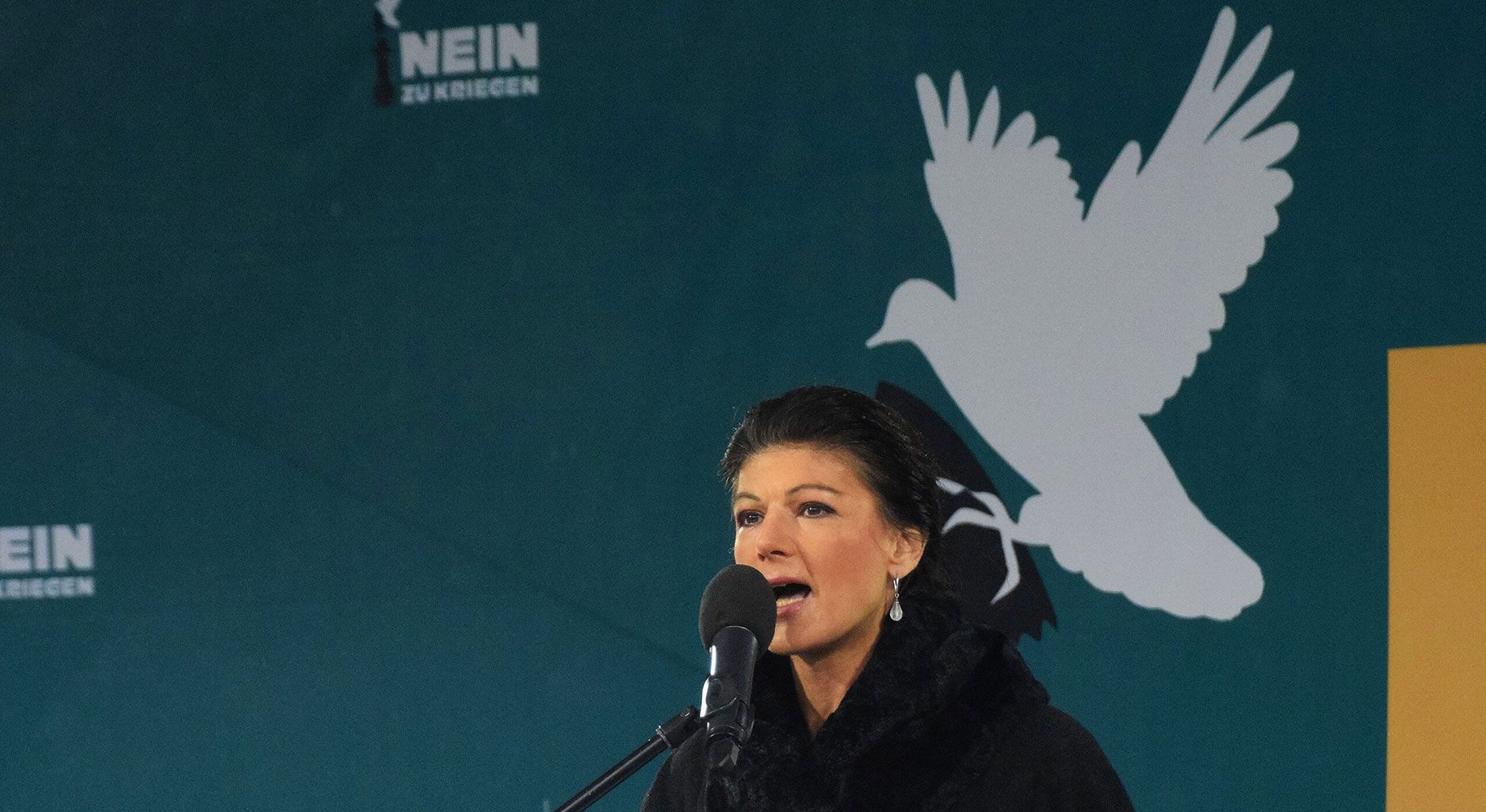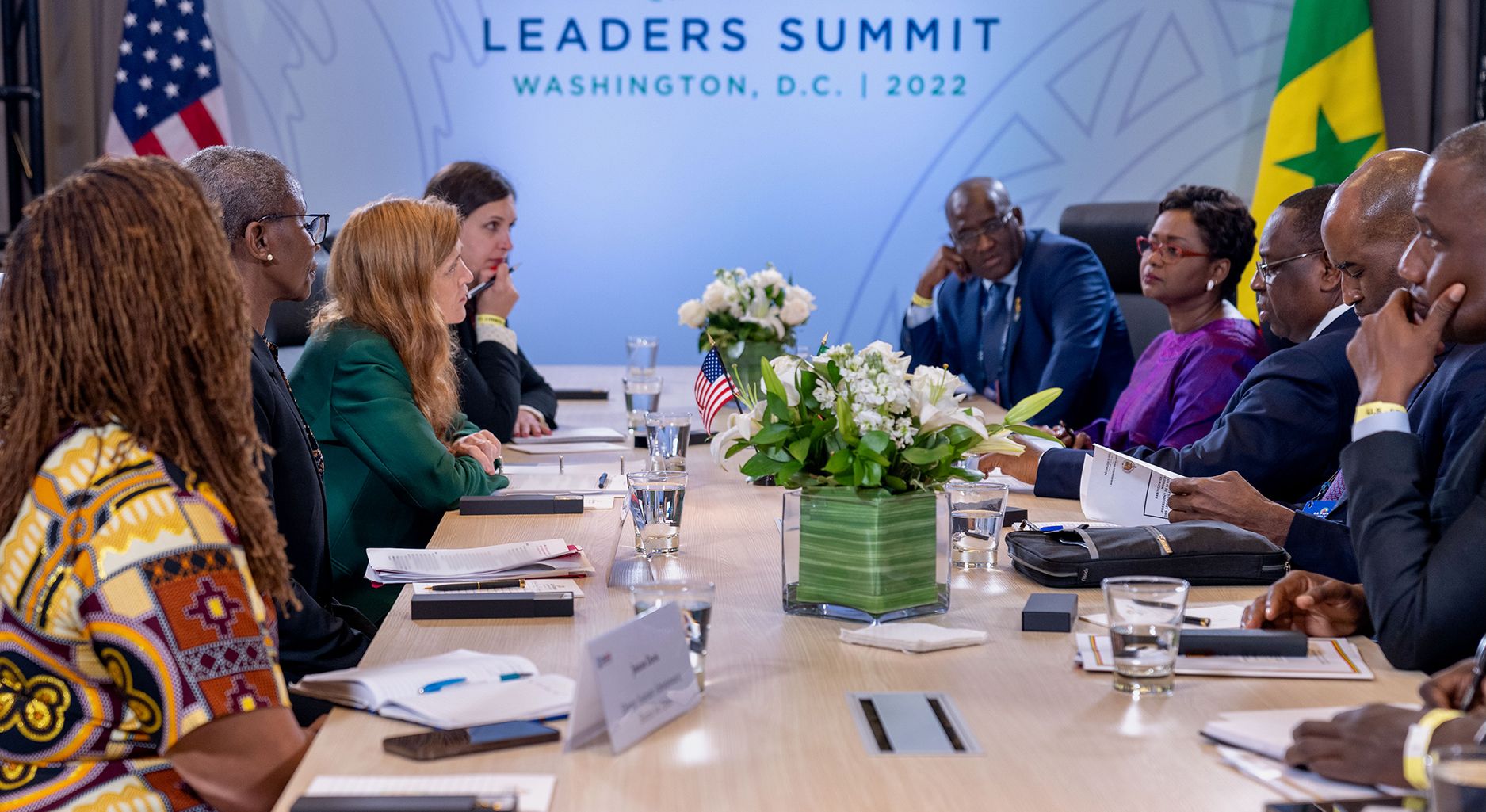Year: 2024
The United States has long been the most vital ally for Ukraine in terms of military aid, economic support, and pressuring Russia through sanctions and diplomatic initiatives. Consequently, both Kyiv and Moscow look primarily to the United States when it comes to the international politics of the war. Due to the outsized role of the United States in this conflict, commentators have predicted that the course of the war would shift if Donald J. Trump would be elected US president on 5 November. But what is the merit of such forecasts?
Der letzte Akt: Die Präsidentschaftswahlen 2024 und die Autokratisierung Tunesiens
Am 6. Oktober 2024 findet in Tunesien die erste Runde der Präsidentschaftswahlen statt. Selbst wenn es einer Stichwahl im November bedarf, wird der aktuelle Präsident Saied wiedergewählt werden. Sein harter Autokratisierungskurs, den er 2021 begann, wird kein anderes Ergebnis zulassen. Auch wenn unklar ist, welche Beliebtheitswerte er wirklich noch in der Bevölkerung genießt, sollte diese Wahl eine Mahnung an die EU und Deutschland sein, weiterhin demokratische Standards bei sogenannten Partnerländern einzufordern, selbst wenn etwa Migrations- und Energieinteressen gegeben sind.
Securing the Vote: How the US Elections Have Become More Resilient to Threats to Election Integrity
The upcoming US presidential elections will serve as a stress test for election administration. Election denialism, (violent) threats and harassment, and concerns about foreign influence have shaped previous electoral environments. The 2022 midterm elections provided insights into the resilience of the electoral process and the state of implementation of a substantial new legislative package that was introduced after the 2020 presidential elections. While some challenges remain, the electoral infrastructure is ready to face Donald Trump’s potential claims of vote rigging and election denial.
UN Summit of the Future: Why the Climate-Gender-Conflict Nexus Would Be a Game Changer
World leaders and international civil society will gather in New York on 22-23 September 2024 for the UN Summit of the Future. The Summit is an event where world leaders meet and address current international issues and challenges to find consensus on how to create a better and safer present and future. This blog article takes issue with how the climate-gender-conflict nexus is (not) discussed in the lead-up to the summit. Reviewing the summit documents, I argue that the (draft) Pact for the Future treats gender justice, climate crisis, and conflict as separate silos of challenges, overlooking their interconnectedness. Instead, I emphasize the need for the Summit of the Future to take the climate-gender-conflict nexus seriously, recognizing the climate crisis as a risk multiplier that exacerbates gender inequalities and conflict dynamics.
Mit einem Referendum zum Frieden in der Ukraine?
Der anhaltende Angriffskrieg Russlands auf die Ukraine wirft die Frage auf, ob und wie eine politische Regelung die Kämpfe und Gewalt gegen die Zivilbevölkerung beenden kann. Jüngst empfahl Sahra Wagenknecht ein Referendum im Donbass und auf der Krim, um über die staatliche Zugehörigkeit dieser Gebiete zu entscheiden. Wie dieser Beitrag zeigt, können Referenden dazu beitragen, einen Konflikt zu regeln, allerdings unter Bedingungen, die im Krieg Russlands gegen die Ukraine nicht gegeben sind.
Going over the Guardrails? China Policy in the 2024 US Election
No matter who wins the US presidential elections in November, the United States will likely continue a more confrontative China policy launched under Trump in 2017. A second Trump administration, however, would likely mean an end to the Biden-era “guardrails” against escalation. It would also make it much harder for Europe to assert its own interests and conduct an independent China policy.
Sinal de Alerta para Novos Conflitos: Crescente Polarização Social na Guiné-Bissau
Os protestos da Geração Z mantiveram em suspenso durante semanas os governos do Quénia, da Nigéria, da África do Sul e do Uganda, entre outros. Fora do radar internacional, a Guiné-Bissau tem testemunhado recentemente protestos intergeracionais, após uma alegada tentativa de golpe no final de 2023. Manifestantes acusam o Presidente de ter orquestrado o golpe para dissolver o parlamento por decreto. Muitos na Guiné-Bissau agora contestam a presidência e exigem o cumprimento do calendário eleitoral, e a manutenção das eleições presidencias marcadas para novembro de 2024. Este artigo aproveita os protestos como um momento para ampliar a visão sobre o tópico, oferecendo leituras narrativas e contra-narrativas da tentativa de golpe para contextualizar a atual situação política.
Zur Bedeutung gaming-naher Plattformen für radikalisierte Akteur*innen und Radikalisierungsprozesse
Die Debatte zur Nutzung von Gaming-Plattformen durch radikalisierte Akteur*innen hat sich infolge der Live-Übertragungen der Anschläge von Christchurch und Halle im Jahr 2019 intensiviert. Trotz des gestiegenen Interesses und obwohl deutliche Hinweise auf Radikalisierungsaktivitäten in diesen digitalen Räumen vorliegen, mangelt es bislang an fundierten Forschungsergebnissen. Das Verbundprojekt RadiGaMe strebt an, diese Lücke zu schließen. In einer ersten Phase wurden am PRIF 20 Gaming- und gaming-nahe Plattformen untersucht, um Einblicke in deren Funktionsweise sowie Relevanz für radikalisierte Akteur*innen zu erlangen. Der vorliegende Beitrag fokussiert exemplarisch auf die Plattformen Discord und Steam.
Von Streamern, Gamern und Bad Actors – Antidemokratische Kommunikationsformen auf Streamingplattformen
Livestreaming ist in den Fokus der Radikalisierungsforschung gerückt. Der 2019 verübte rechtsterroristische Anschlag auf Moscheen im neuseeländischen Christchurch, das Attentat auf eine Synagoge in Halle im selben Jahr oder der im Januar 2021 initiierte Sturm auf das US-Kapitol, sie alle haben gemeinsam, dass die Taten gestreamed wurden und von einem Millionen Publikum live verfolgt werden konnten. Das Phänomen ist aber nicht auf diese aufsehenerregenden Fälle begrenzt. Wie dieser Blog zeigt, nehmen antidemokratische Einflussnahmen auf Livestreaming-Plattformen immer weiter zu. Am Beispiel dreier Plattformen wird gezeigt, wie demokratiefeindliche Inhalte und extremistische Botschaften verbreitet werden.
The New US Administrations’ Africa Policies: What to Expect and Why it Matters
In terms of foreign and security policy, the pivot to Asia will define the tenure of the next US administration. However, strategic competition at the global level between the US, China and, to a lesser extent, Russia will not leave the Africa policy of either the Democratic or the Republican side untouched. This post will look at the future Africa policies of the two parties and how they may affect partnerships on the continent as well as multilateral approaches more broadly.
